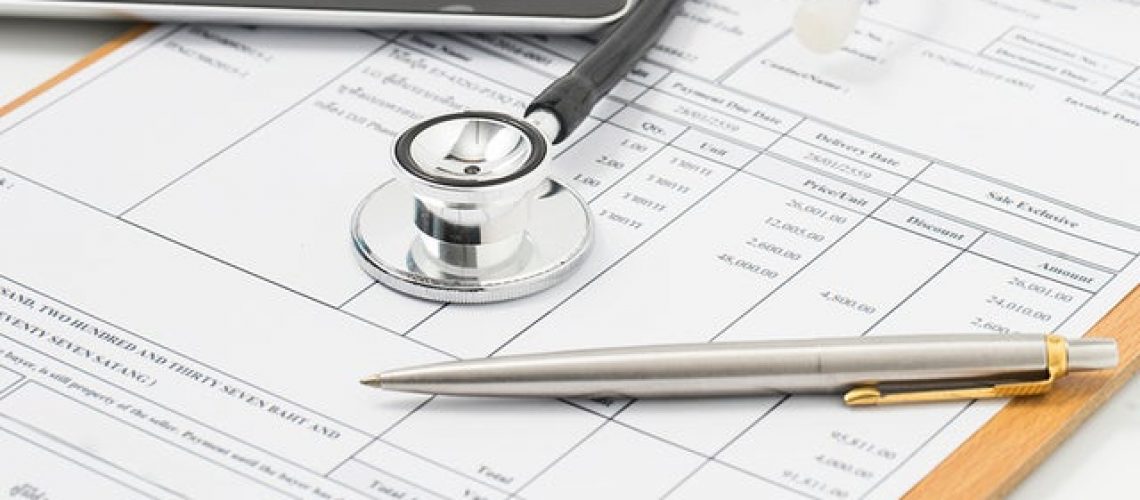The stories of Americans affected by surprise medical bills are hard to believe. A teacher with insurance was taken to an out-of-network medical facility when he suffered a heart attack and was charged $108,951 out-of-pocket for his care. A college student was charged $17,850 for a urine test after her back surgery. She too had health insurance and was given no reason to suspect that this routine request from her doctor would lead to a massive charge from an out-of-network lab.
Whether after an emergency room visit or a preplanned surgery, patients can receive surprise medical bills months later for absurd amounts that seem limited by nothing more than the imagination of the one sending the bill. There is strong momentum to end this practice, and this week, our bipartisan efforts got an important boost.
Our Senate bipartisan working group first proposed using an independent dispute resolution process as a backstop to protect patients in our STOP Surprise Medical Bills Act, which has the support of 27 bipartisan senators. Having an independent dispute resolution process creates a safety valve for when the formula used to calculate compensation amounts is wrong and a backstop to prevent parties from exploiting the formula to manipulate rates.
This week, our colleagues on the House Energy and Commerce Committee took an important step forward by passing a bill to address surprise medical bills that includes an independent dispute resolution process similar to the process in our STOP Surprise Medical Bills Act.
The current Senate bill that passed the Senate Health, Education, Labor, and Pensions (HELP) Committee, unfortunately, takes a different approach. The HELP Committee version uses a benchmark to decide payments. While our legislation suggests this mechanism as well, it also includes an IDR process. The HELP Committee version, however, is missing this critical safety valve, an omission that may lead to some serious issues down the road.
Without some independent dispute resolution process, there is little incentive for the big insurance companies to negotiate with doctors and hospitals, risking patient access to care. This is especially true for rural hospitals, which have little power to negotiate in the first place and that, in some cases must pay doctors more to attract them to their rural communities.
To be clear, an independent dispute resolution mechanism won’t push the pendulum of leverage in the opposite direction. Rather, it would simply ensure common ground that neither providers, hospitals, nor insurers will be completely happy about – that’s the nature of compromise that’s fair to all.
We’ve said it before: to protect patients from surprise medical bills, providers, hospitals, and insurers will have to put the patients first. The government should not be picking winners and losers. Health care providers and insurance companies have both benefitted from our current system. But to fix it, we need to ensure both are held accountable.
We are committed to helping the patient. This process isn’t over and we are thankful for that. HELP Committee Chairman Lamar Alexander (R-Tenn.) and Ranking Member Patty Murray (D-Wash.) have continued to engage with us as we work to incorporate additional feedback in the committee’s bill before it reaches the Senate floor.
We look forward to continue working with the committee, and with our colleagues on both sides of the aisle in the House and Senate, to make sure we succeed in this effort.
Despite the potential divisiveness of health care, colleagues from both parties have considerable common ground on addressing this issue. We can – and must – get this done to protect patients and restore the faith of the American people that their elected representatives can come together and solve the issues that impact them.
Sens. Bill Cassidy, M.D. and Maggie Hassan are members of the Bipartisan Senate Surprise Medical Billing Working Group.
——————————————————
Photo courtesy of: The Hill
Originally Published On: The Hill
Follow Medical Coding Pro on Twitter: www.Twitter.com/CodingPro1
Like Us On Facebook: www.Facebook.com/MedicalCodingPro







